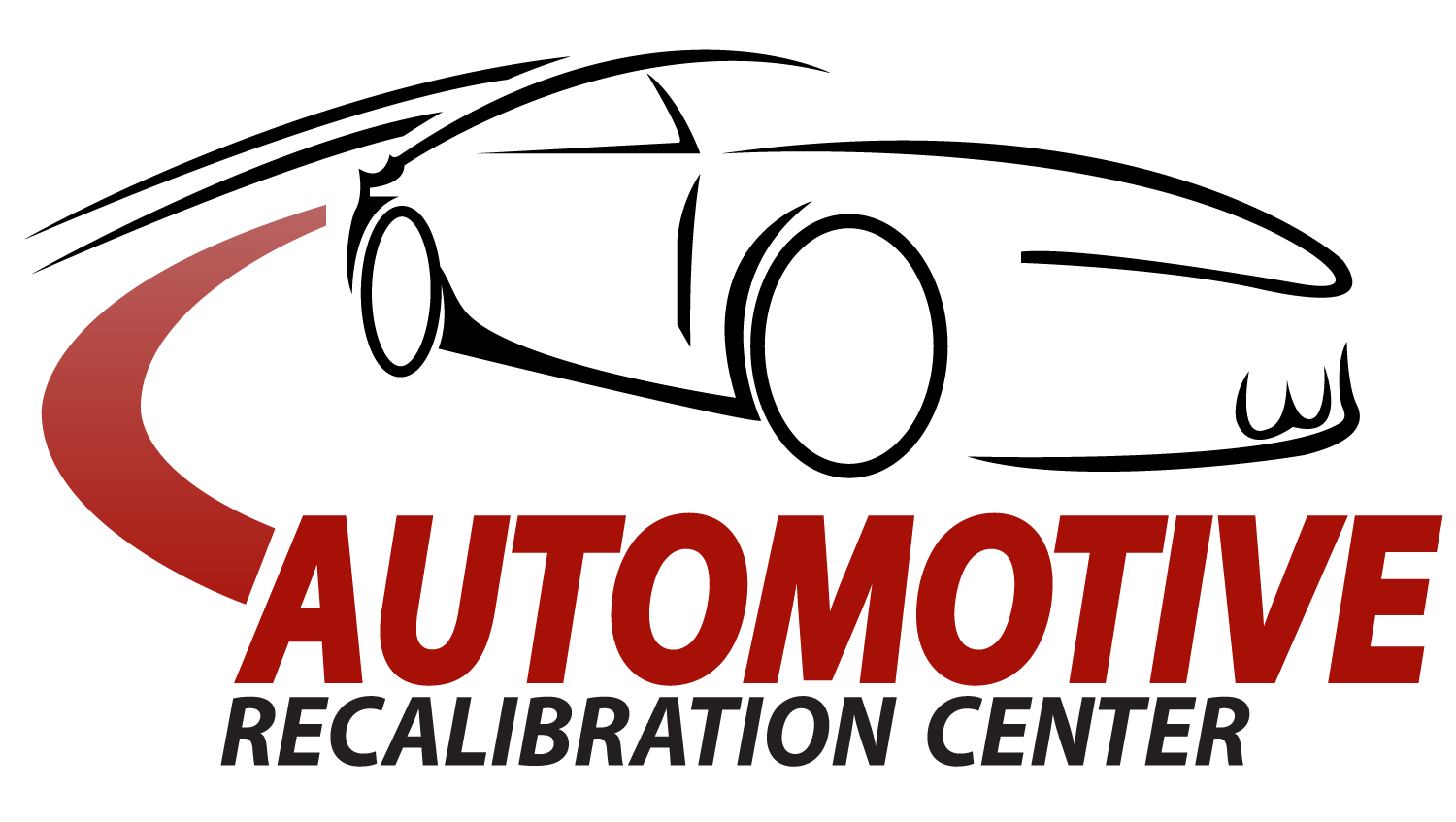How Your Car’s Brakes Work
You probably don’t think much about your brakes, and that’s actually a good sign that your brakes are in good shape and working as expected—after all, brake problems are almost impossible to ignore. But perhaps you’re curious about what happens when you push down on the brake pedal that causes your vehicle to slow down […]
You probably don’t think much about your brakes, and that’s actually a good sign that your brakes are in good shape and working as expected—after all, brake problems are almost impossible to ignore. But perhaps you’re curious about what happens when you push down on the brake pedal that causes your vehicle to slow down and eventually stop. If so, who better to answer that question than Tucson’s premier automotive repair shop ? Here’s a quick explanation of how your car’s brakes work, courtesy of Automotive Recalibration Center.
Brake System Components
Before you understand how your car’s brakes work, it’s important that you first know about the components that make up the brake system as a whole. A typical brake system is made up of a brake pedal, brake booster, master cylinder, combo valve, brake lines, discs, calipers, and drums. You’ll learn more about some of these components in the next section.
Brakes operate on two simple principles: hydraulics and friction. Hydraulics refers to the pressure exerted on the calipers via the brake fluid, which causes the brake pads to clamp down and slow the tires. The principle of friction applies to those pads which press against the spinning disc. Brake pads are quite rough and the friction resulting from the clamping action causes the car to slow down and ultimately come to a stop.
Signs of Brake Trouble
It’s good to know how brakes work, but it’s even more important that you know how to spot the signs of brake trouble so you can visit an auto repair shop before things get worse and your ability to safely brake is compromised. The most common signs of brake trouble are:
- Screeching, grinding, squealing, or any other unusual noises during braking
- Brake warning light on the dashboard
- Vibration or pulsation in the brake pedal or steering wheel while braking
As you can tell from our blog, we’re big on communication at Automotive Recalibration Center. In fact, we feel good communication is one of the most important factors that allows us to serve our customers efficiently and leave them satisfied with their automotive repair experience. To learn more about our shop or the automotive repair services we provide in Tucson, call us at (520) 433-4147.








